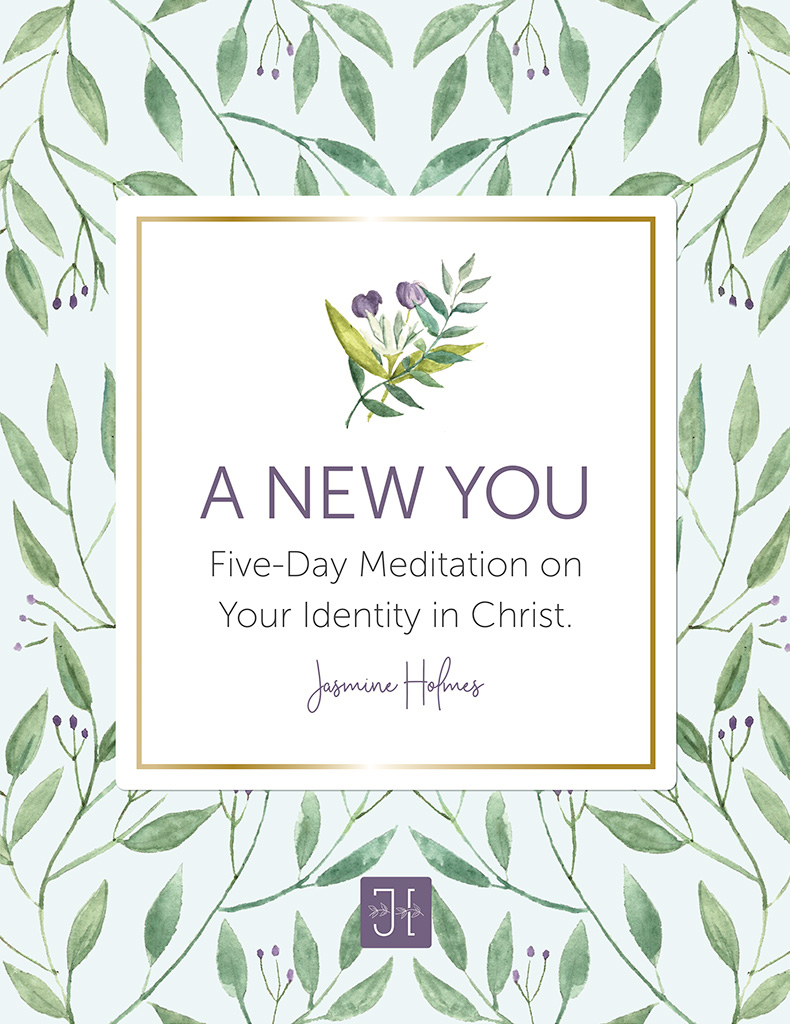There is comfort in a checklist.
Even though I’m not a particularly organized person, I’ve got to admit that it’s nice to know what’s expected of me. Whether it’s a job description, an agenda for a meeting, or a short to-do list, it’s always preferable to have some parameters so that I’m not just making furtive stabs in the dark.
But for me, checklists have a bit of a dark side. Sometimes, they reach beyond the boundaries of a helpful tool and become a type of prison. A shame-filled evidence of how much we’re not accomplishing.
Whether you’re prone to jump on the hamster wheel and chase down the unattainable goal of perfection, or more like me, and find yourself laying down on the hamster wheel and being trampled by the more motivated hamsters, you’ve probably experienced the shame of not achieving all that you feel you ought.
Especially if you’re a woman.
WonderWomanHood
That’s not to say that men don’t have a proclivity towards shame-filled checklists. They do. But I’m more intimately acquainted with the woman-list — I’ve made it before and checked it twice.
The list I’m most familiar with is Proverbs 31. There have been innumerable Bible studies, books, talks, and motivational posters that proclaim this woman to be the pinnacle of biblical femininity. Those few verses have become the ultimate checklist, particularly if we’ve adopted a view of the Bible that cages biblical womanhood in just a few short verses.
I’ve referenced Proverbs 31 a few times before, but it bears mentioning again.
As Wendy Alsup explains in “Is The Bible Good For Women,” the Proverbs 31 woman isn’t a daily standard we must rise to.
We need to understand how to read and apply this genre in order to fully appreciate and understand Proverbs 31. This will free us from the misguided way this chapter is sometimes used to demoralize women with often unattainable standards.
Proverbs is a book of wisdom, which we generally understand — until we get to that last chapter.
Alsup continues:
We cannot read Proverbs the same way you read the Ten Commandments, yet many Christian fear situational wisdom. Some don’t trust others to figure out what applies and how to apply it, so they enforce one-dimensional conclusions that don’t allow for the nuances that much of the biblical proverbs offer. The answer to such fear is to apply wisdom in ways that are actually wise through the indwelling of the Holy Spirit.”
But that’s scary stuff.
Our Deceitful Hearts
I know, I know. Sometimes, when people mention the Holy Spirit, it’s code for doing what they want to do. “God told me” has often been used as a hyper-spiritualized excuse to go against what God has already said in his Word.
We can’t just follow our hearts — they’re deceitful and wicked (Jeremiah 17:9). Where the Word speaks, we must obey (John 14:15). Our desires do not negate his truth.
However — and this is a huge “however” — if we confuse his truth with our cultural assumptions, we are binding consciences based on our own comfort zones (1 Corinthians 10:29).
A stay-at-home mom who feels bound by extra-biblical rhetoric could be following her deceitful heart just as doggedly as a working mom who isn’t prioritizing her family (or a working dad for that matter).
In our fear of meeting the pitfalls of this age, we ignore the pitfall that is timeless: “Did God really say?”
Our Legalistic Minds
We want to obey God.
It’s so much easier with a checklist — a ready-made outline of do’s and don’t’s. And, many times, God gives us just that (Ten Commandments, anyone?). Those clearly-drawn boundaries are wonderful things.
But, often, God’s boundaries just don’t seem like enough. Sure, he gives us principles of godly womanhood; but wouldn’t it be so much better if we put up just a little more law to keep women in line? Like, I hear you on the Holy Spirit, Wendy, but isn’t it just a lot easier to leave him out of it, because we so often confuse his leading with the desires of our wicked hearts?
That worked really great for Eve.
God: Do not eat of the fruit of the forbidden tree.
Eve: Got it. Don’t eat it. Better not touch it either.
World: Stays sinless.
Oh, wait.
Our Renewed Minds
It’s not my job to give you a checklist.
That scares some people. They read my blog and think what the heck will these women do if they don’t have the caricature to live by?! How will they know what kind of women they’re supposed to be? There isn’t that much explicit, gender-specific guidance!
One of my favorite passages is 1 Corinthians 2. I love the imagery of the Spirit revealing “even the depths of God” to the children of God (vs. 10). It’s miraculous — the exchange of our feeble, soiled minds for the very mind of Christ (vs. 16). It’s not some creepy, mystical seance, but a natural result of continuing to read God’s Word: the Spirit aids us in growing in understanding. And that understanding helps us to know how to apply God’s Word in our day-to-day lives.
That’s how we’ll know the type of women we’re supposed to be. By reading the Word — what’s actually there. By refusing to be conformed to this world — whether it’s a 1950’s dream version or the 2018 reality. And by continuing to grow in Christ and walk by the Spirit.
It’s easier said than done. And way harder than a checklist. But that’s what we’re called to.
